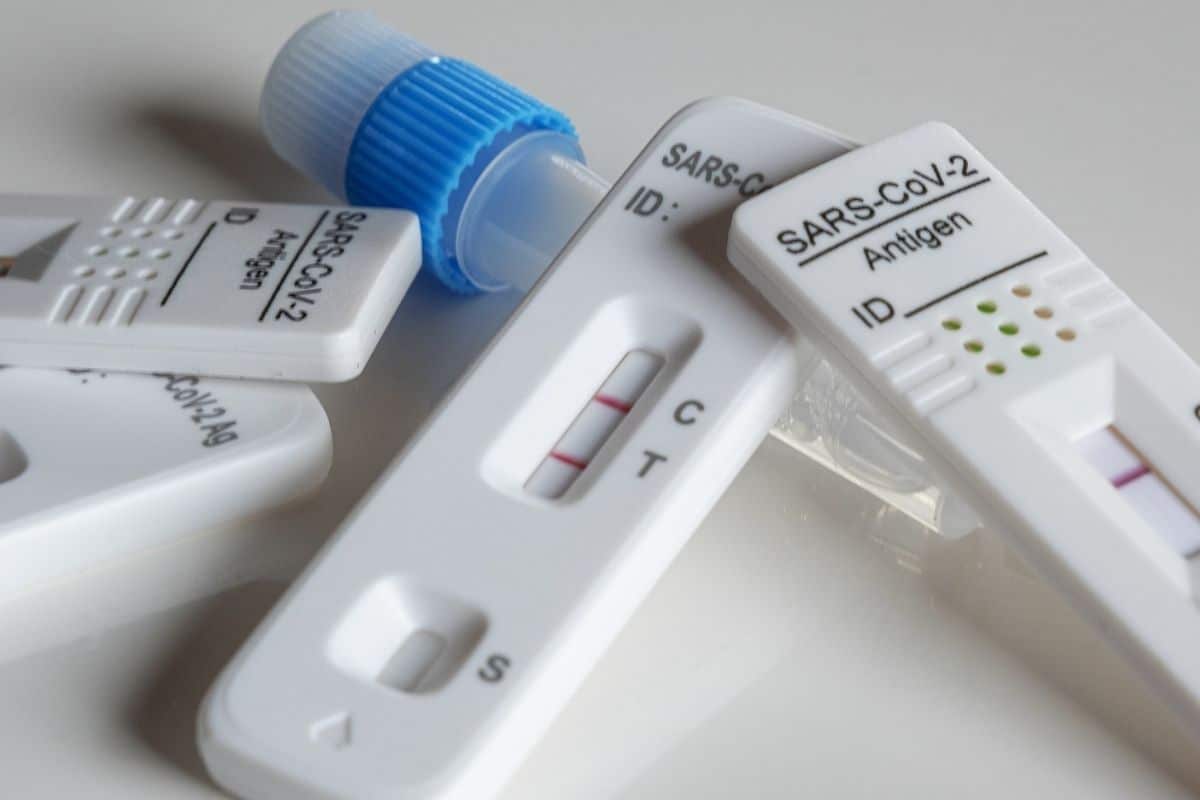
Only twenty days after the woman tested positive for contracting the delta variant, the corona test was positive again, only this time due to omikron.
And that’s special. Never before have researchers witnessed that two corona infections (caused by two different variants) follow each other so quickly.
Positive test
The remarkable case – which has not yet been published in a peer-reviewed research paper – will be presented in the coming days during the European Congress of Clinical Microbiology & Infectious Diseases presented in Lisbon by Spanish researchers. A leading role is played by an unfortunate 31-year-old healthcare worker who tested positive for corona on December 20, 2021 – during a preventive PCR test. She developed no symptoms, but went into isolation for ten days, before returning to work.
Another positive test
On January 10 – 20 days after the positive test – she developed corona complaints: she had to cough, developed a fever and did not feel well. Another PCR test was performed. And this one was again positive.
Two variants
Both tests of the woman were further examined and it soon turned out that she had been infected by the delta variant in December, while she developed complaints in January due to the omikron variant.
omikron
At the end of November, this omikron variant had been classified by the World Health Organization as a ‘variant of concern’ and spread rapidly. Research has previously shown that this variant is more contagious. And immunity – whether obtained through vaccination or previous infections – cannot always prevent the variant from infecting people (again).
Reinfection is a real risk
The woman – who was also fully vaccinated and had received a booster 12 days before the first infection – experienced the latter firsthand, according to researcher Gemma Recio. “This case highlights that the omikron variant has the potential to escape previous immunity, whether acquired through natural infection by other variants or through vaccination. In other words, people who have had COVID-19 cannot assume that they are protected against reinfection, even if they are fully vaccinated.”
Vaccination works
However, it does not mean that vaccination is useless, Recio adds immediately. “Both previous infection with other variants and vaccination appear to partially protect people who contract omikron from serious illness and hospitalization.”
As for virologist Lawrence Young – affiliated with the University of Warwick and not involved in the research into this specific case – the case also clearly shows that we should not be too quick to assume that the corona pandemic is doomed with the emergence of the usually milder omikron variant. to extinguish. “As long as the virus spreads and replicates, it will continue to spawn new variants and they will continue to pose a constant threat, even in countries with high vaccination rates. It is incorrect to assume that any new variant will be less contagious and less dangerous than previous variants, especially when the immunity acquired through infection and vaccination wanes over time and current vaccines may not protect as well against these new variants. ”
Source material:
†Omicron infection just 20 days after Delta – the shortest known gap between infections” – European Society of Clinical Microbiology & Infectious Diseases
Expert reaction to poster looking at a case study of a woman who tested positive for the omicron variant 20 days after being infected with the delta variant – SMC
Image at the top of this article: Alexandra_Koch from Pixabay